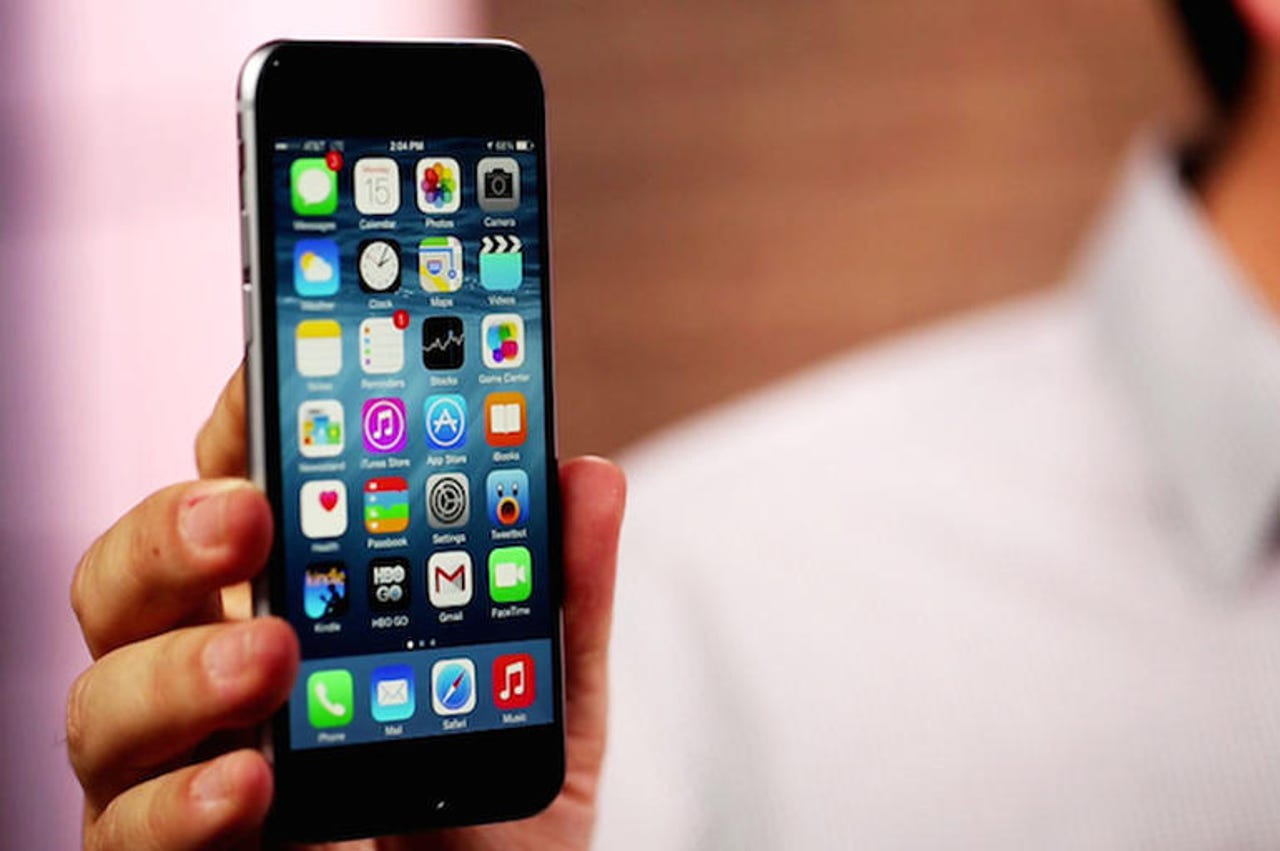2014: Apple's competence wanes, but my trust remains

This year, Apple left my iPhone on life support for three hours after it botched an update. That update should have been tested through-and-through, with zero margin for error.
Apple also left me open to a security weakness. One that resulted in the most intimate photos of high-profile celebrities being leaked online the could have been mine, or anyone else's. Apple was also accused of investing the money we spent on its products into factories that are breaching standards on workers' conditions, whilst stashing the rest of it abroad and out of the government's coffers. No wonder why my tax bill is so high this year.
And, last but most certainly not least, Apple thrust a U2 album on my iPhone without my prior consent. (I took that one personally).
Read this
Apple can measure its profits and margins, but can it value its trust impact?
For a while, it felt as though Apple could do no wrong. The minute there was a sniff of a problem -- intended or otherwise -- the media would release its pent-up rage. This year there almost hasn't been a week -- sometimes a day -- without Apple mitigating a public relations disaster or flat-out apologizing to the public.
But there were a few stories that went -- compared to some of the things Apple does -- under the radar. And not all of them were necessarily bad for the company and for the rest of us.
Apple did two things this year that fundamentally changed how I look at the company as a consumer.
In both of those cases, Apple told the government to back off. In the post-Edward Snowden era, we have a right to be a little on edge about government encroachment into our lives. The U.S. government has shown it can legally take nearly anything of ours through the companies we trust with our information.
The first case you may have heard of.
In the latest version of its mobile operating system, Apple shut itself out of the intelligence loop by encrypting user device data by default. The only way to decrypt data on iOS 8-powered devices is to demand the iPhone or iPad owner unlocks the device with their passcode.
Apple already designed iMessage and FaceTime, its proprietary messaging and video-calling services, to be encrypted and secure, even from snooping government agencies. The company said it "cannot decrypt that data."
But earlier this year, a policy shift led the company to hit back further.
The move to make device data uncrackable left members of the law enforcement and intelligence community incensed.
The Federal Bureau of Investigation, the National Security Agency (NSA), and the outgoing Attorney General Eric Holder -- even some members of Congress -- called for laws to be changed, and Apple and Google to face sanctions for their privacy protections.
Agencies from around the world called on Apple (and Google, which later followed suit) to renege on its promise to protect consumer data, but also business and corporate data, too.
The reason behind it is not known. Apple was accused of handing over data to the NSA last year following the news of the PRISM system -- claims which Apple rebuffed, and widely accepted in the wake of the alleged misreporting of the story.
More recently, the company removed a "warrant canary" from its transparency report, suggesting it had in the past year received a wide-ranging demand for customer data.
Apple was not able to comment due to legal restrictions on speech.
Cutting itself of the surveillance circle may not sound like much, but in doing so it forced the U.S. government, and other global law enforcement agencies, to go to the device owner. Apple can no longer be forced to hand over data that user stores on their phone.
Apple may still have to hand over data users stores on its servers, however -- a caveat missed by many.
It was a huge step for the hundreds of millions of iPhone and iPad owners.
The U.S. surveillance state is hungry, but Apple shut it out. At least, so it thought. Earlier this year, the U.S. government launched an assault on cloud-stored data, a case that may have severe complications for global diplomatic relations and Silicon Valley.
In December, Apple filed an amicus brief in support of Microsoft, which is fighting a case that could lead the company into forcibly handing over data it stores overseas to U.S. prosecutors. The case has already landed Microsoft in contempt of court for failing to hand over the data on the Irish citizen.
The impact on Microsoft could be huge. The impact on Silicon Valley will be considerably larger.
Snowden's revelations are said to have cost Silicon Valley anywhere between $22 billion and $180 billion by 2016. But, if U.S. cloud providers are forced to hand over data it stores overseas -- essentially every major technology provider going, including most of the Fortune 500 in tech -- there's little doubt it will cost considerably more.
Should the U.S. government win the case -- it's currently on track to -- Apple said the precedent will have "serious consequences," and is "likely to put Apple and other providers in the untenable situation of being forced to violate one nation's laws to comply with another."
This case could have grave business consequences for Apple. In the near future, the European Union will impose fines of up to 5 percent of a company's global annual revenue for breaches of its data protection and privacy rules.
However, the knock-on effect could have serious implications for Apple's customers. Although it may be a double-edged sword for the company, it spoke out though it didn't have to.
Apple may have had a tough year. My faith in the company suffered. But, knowing where the company's priorities lie -- security, privacy, and protection -- makes me trust it just that bit more.
